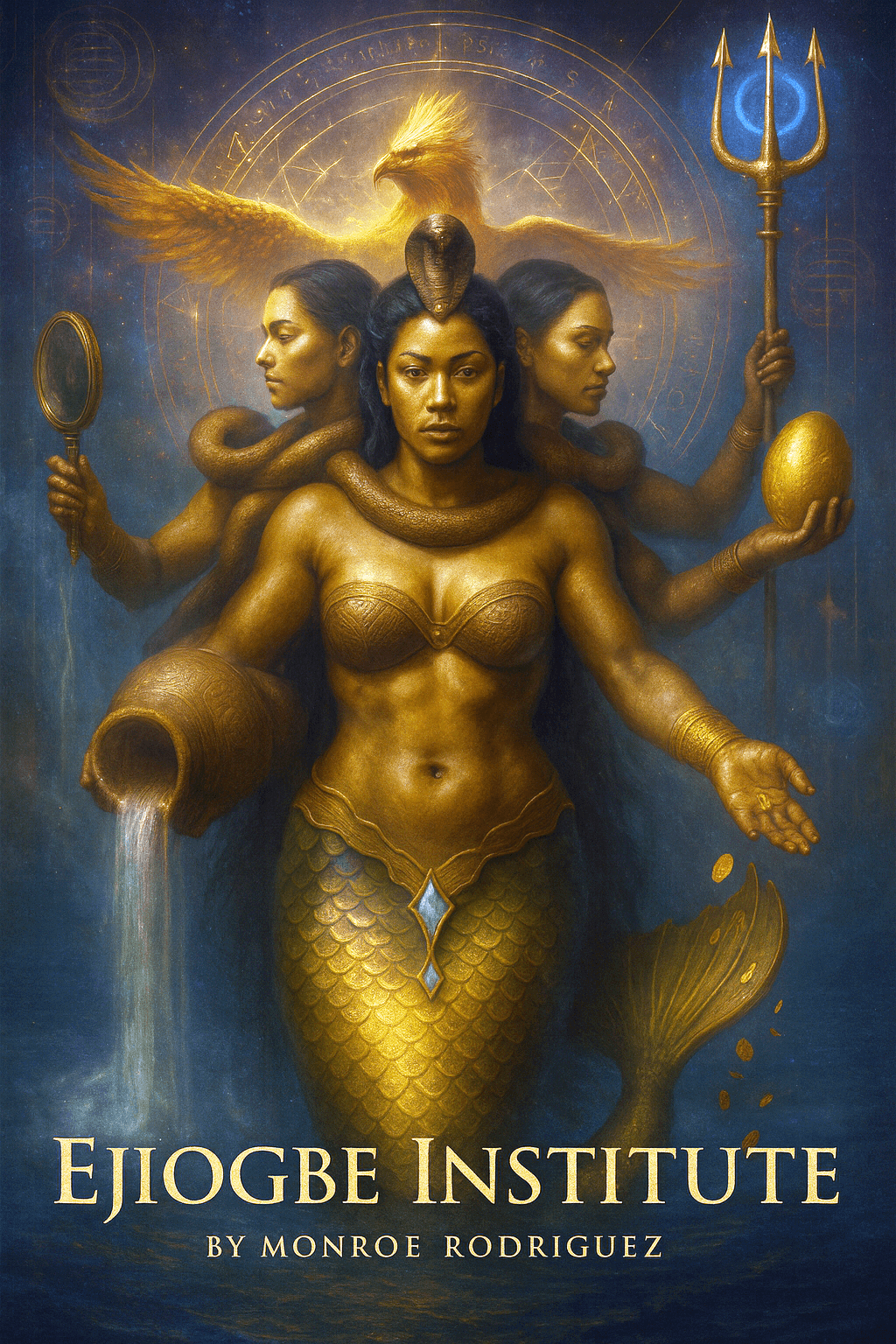
How to Choose the Best Cultural Archiving Platform (Compared): Ethics vs. Accessibility
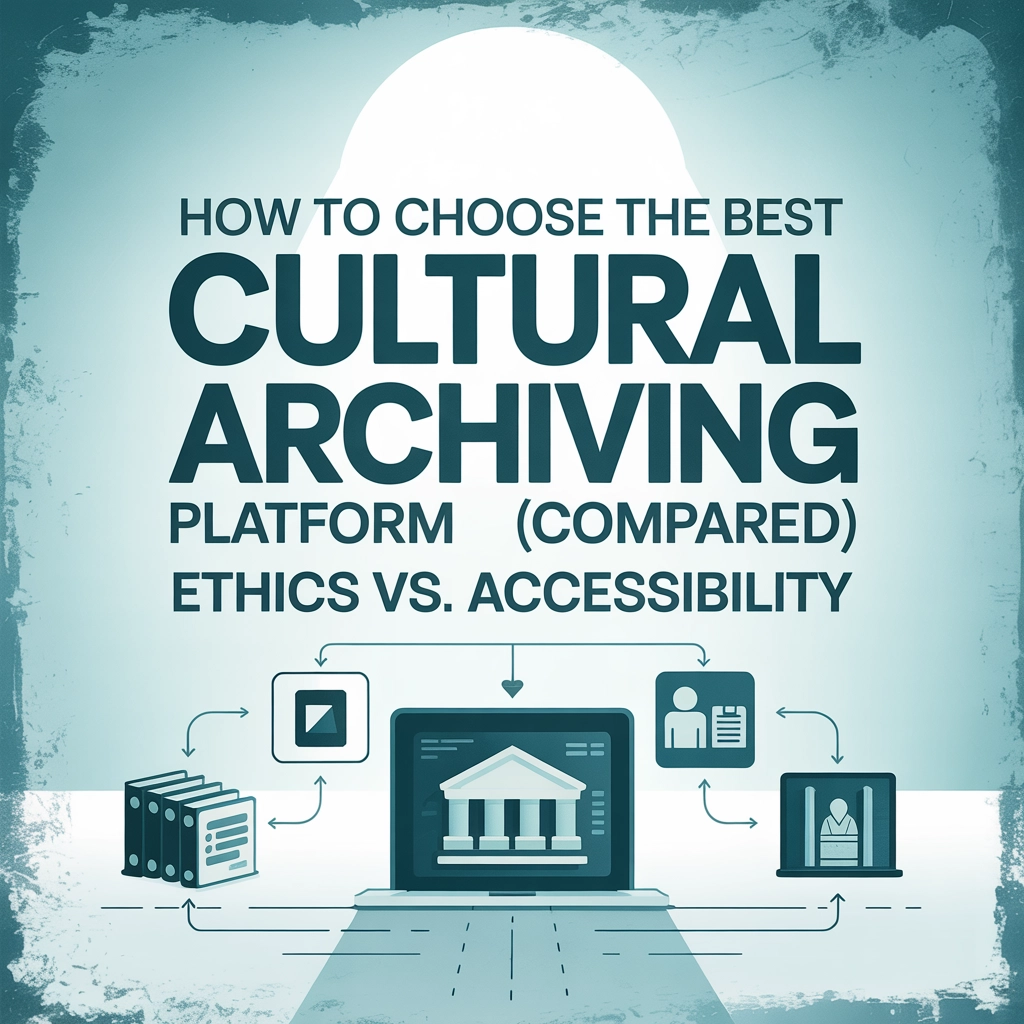
The preservation of our cultural heritage stands at a crossroads where technology meets tradition, where accessibility intersects with ethics. As communities worldwide recognize the urgent need to safeguard their ancestral voices, stories, and wisdom, we face a profound question: How do we choose archiving platforms that honor both the imperative to preserve and the responsibility to protect?
This decision carries weight beyond technical specifications. We're not merely selecting software: we're choosing how our cultural treasures will be stewarded for generations to come. The platform we select shapes who can access our heritage, how it's presented, and whether the sacred bonds between community and culture remain intact.
Understanding the Sacred Balance
Cultural archiving platforms must navigate the delicate tension between making heritage accessible and maintaining appropriate stewardship. This balance recognizes that increased access is not always an unequivocal benefit. Some cultural materials require careful, contextual sharing rather than open distribution, honoring the protocols and wisdom traditions that have protected these treasures for centuries.

The ethics of access encompasses several fundamental principles that guide responsible archiving:
- Equitable and appropriate access that serves community needs
- Meeting legal and practical obligations to depositors and rights holders
- Ensuring metadata enhances discoverability while respecting cultural protocols
- Providing supportive tools that empower communities to control their narratives
Platform Categories: Finding Your Community's Match
Scholarly Archive Management Systems
Omeka represents the gold standard for many academic and cultural institutions. Developed by the Roy Rosenzweig Center for History and New Media at George Mason University, this free platform was built by scholars, for scholars. Omeka allows communities to describe materials using Dublin Core metadata standards, creating rich, interconnected collections that enhance discoverability across different systems.
The platform's strength lies in its ability to create interpretive online exhibits while maintaining institutional control over access. Communities can sort collections, import descriptive information, and build meaningful connections between artifacts, stories, and cultural contexts.
Programmatic Preservation Networks
Large-scale preservation initiatives like CLOCKSS, Internet Archive, HathiTrust, and Portico offer cross-institutional collaboration for long-term cultural stewardship. These platforms focus on preservation sustainability rather than immediate public access, making them ideal for materials requiring specialized care and controlled distribution.
Institutional Preservation Platforms
Organizations seeking direct control over their collections often choose specialized systems like Archivematica, Islandora, Samvera, or Preservica. These platforms empower institutions to undertake discrete preservation efforts while maintaining full governance over curation, discovery, and long-term management of their digital heritage.

Indigenous-Centered Approaches
The Mukurtu content management system and Local Contexts initiative represent revolutionary approaches to cultural archiving. These platforms prioritize building archival ecosystems that focus on connections and care, recognizing culturally specific circulation, exchange, stewardship, and sharing practices.
As Cherokee Nation citizen Ellen Cushman observes, traditional archival practices can inadvertently perpetuate colonial logic when they decontextualize, categorize, and chronologically organize materials in ways that damage the very understandings and practices they hope to preserve. Indigenous-centered platforms counter this by emphasizing relationship-building and culturally appropriate access protocols.
Ethical Considerations That Shape Platform Selection
Community Control and Consent
Ethical platforms recognize that communities should maintain sovereignty over their cultural materials. This means providing granular access controls, supporting complex rights management, and ensuring that consent processes respect traditional decision-making structures within communities.
Cultural Contextualization
The most ethical archiving platforms understand that cultural materials cannot be divorced from their contexts without losing meaning and power. They support rich metadata that preserves relationships, ceremonies, teachings, and the spiritual significance of archived materials.
Intergenerational Responsibility
Platforms should facilitate connections between elders and younger generations, supporting the natural flow of cultural transmission while adapting to contemporary needs and technologies. This requires flexible access systems that can accommodate evolving community protocols.
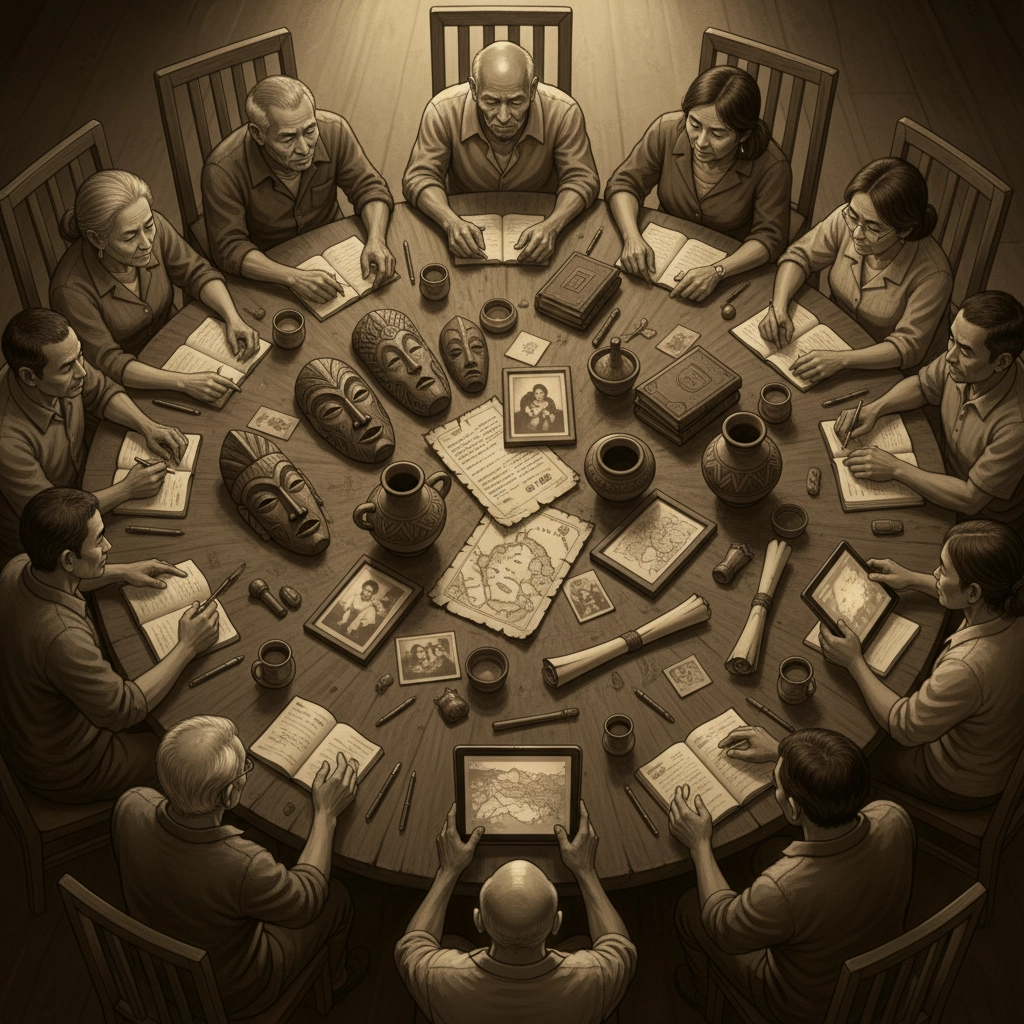
Rights and Permissions Framework
Ethical platforms provide sophisticated tools for managing complex intellectual property relationships, traditional cultural expressions, and sacred materials that require restricted access. They understand that ethical access may mean "access on limited terms, or to limited parties."
Comparative Framework for Decision-Making
Guiding Principles for Platform Selection
Assess Community Needs First
Begin by understanding your community's specific requirements, protocols, and comfort levels with digital sharing. Engage elders, cultural keepers, and community members in meaningful consultation about appropriate access levels and sharing practices.
Prioritize Long-Term Sustainability
Choose platforms with proven track records, sustainable funding models, and migration pathways. Your cultural heritage deserves archiving solutions that will endure for generations.
Evaluate Technical Capabilities
Consider metadata standards, search functionality, multimedia support, and integration capabilities. Ensure the platform can grow with your collection and adapt to emerging technologies.
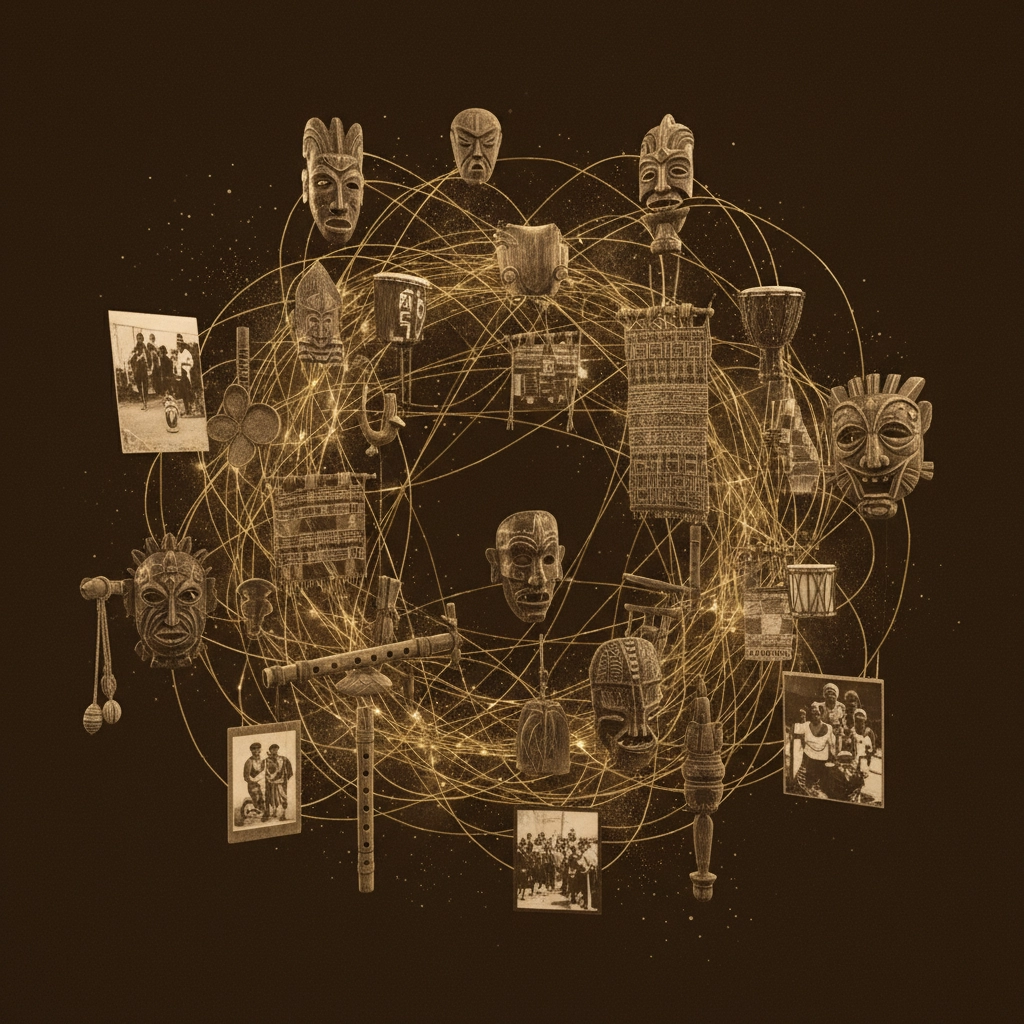
Examine Rights Management Tools
Look for sophisticated permission systems that can accommodate complex cultural protocols, multiple stakeholder relationships, and evolving access requirements over time.
Making the Sacred Choice
The selection of a cultural archiving platform represents a sacred trust: a commitment to stewarding our ancestors' wisdom while serving our communities' contemporary needs. The most ethical approach recognizes that preservation without appropriate access protocols can be as harmful as no preservation at all.
For academic institutions working with diverse cultural materials, Omeka offers scholarly rigor combined with access flexibility. Communities with complex cultural protocols may find Indigenous-centered platforms like Mukurtu better serve their relationship-based sharing practices. Organizations requiring extensive institutional control might choose specialized preservation platforms that offer comprehensive rights management.
The key lies in understanding that effective cultural archiving emphasizes connections, care, and culturally appropriate sharing practices rather than defaulting to maximum openness. We must choose platforms that honor the sacred responsibility of cultural stewardship while empowering our communities to control their own narratives.
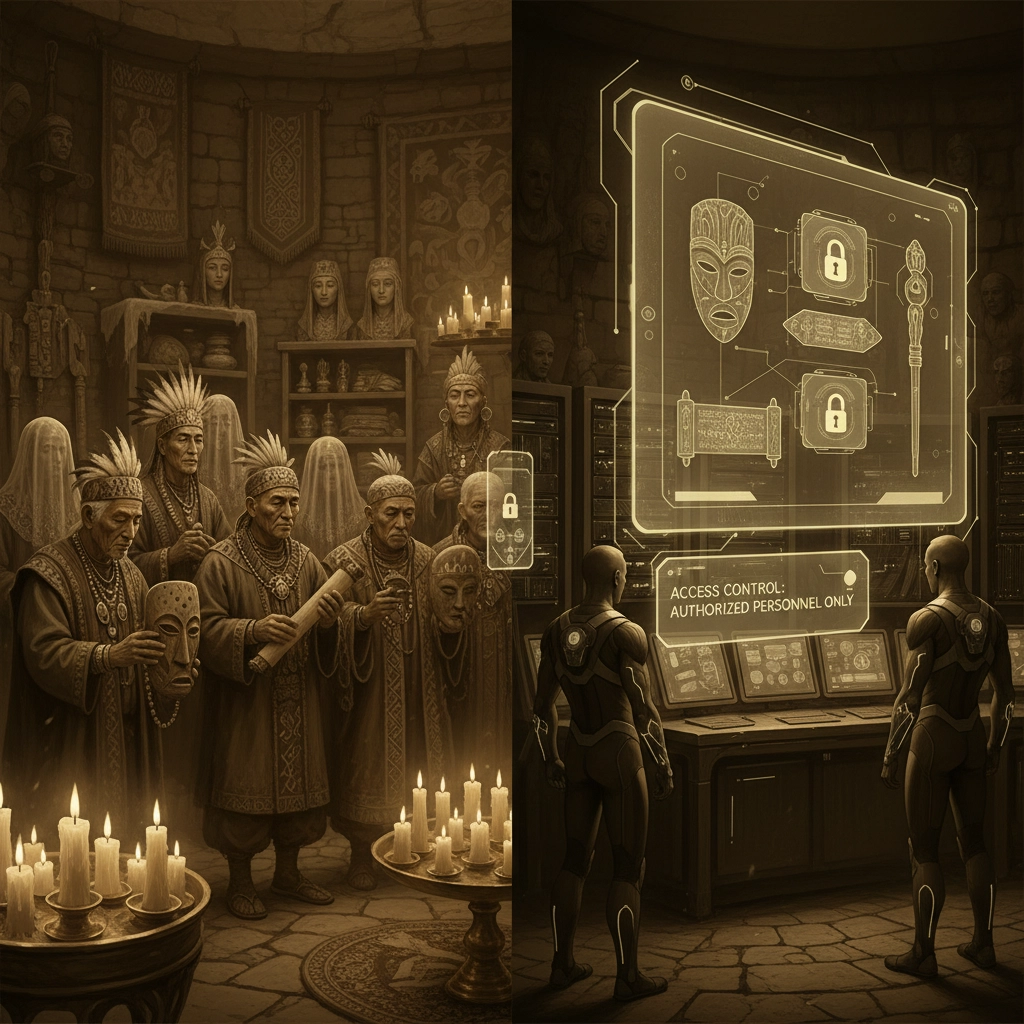
As we stand at this technological crossroads, we have the opportunity to build digital archives that truly serve our communities: preserving not just the content of our cultural heritage, but the relationships, protocols, and wisdom traditions that give it meaning. The platform we choose becomes part of our cultural legacy, shaping how future generations will encounter and understand their ancestral voices.
The choice before us is not merely technical; it's deeply cultural, profoundly ethical, and fundamentally about honoring the sacred trust placed in our hands as stewards of our collective heritage.
